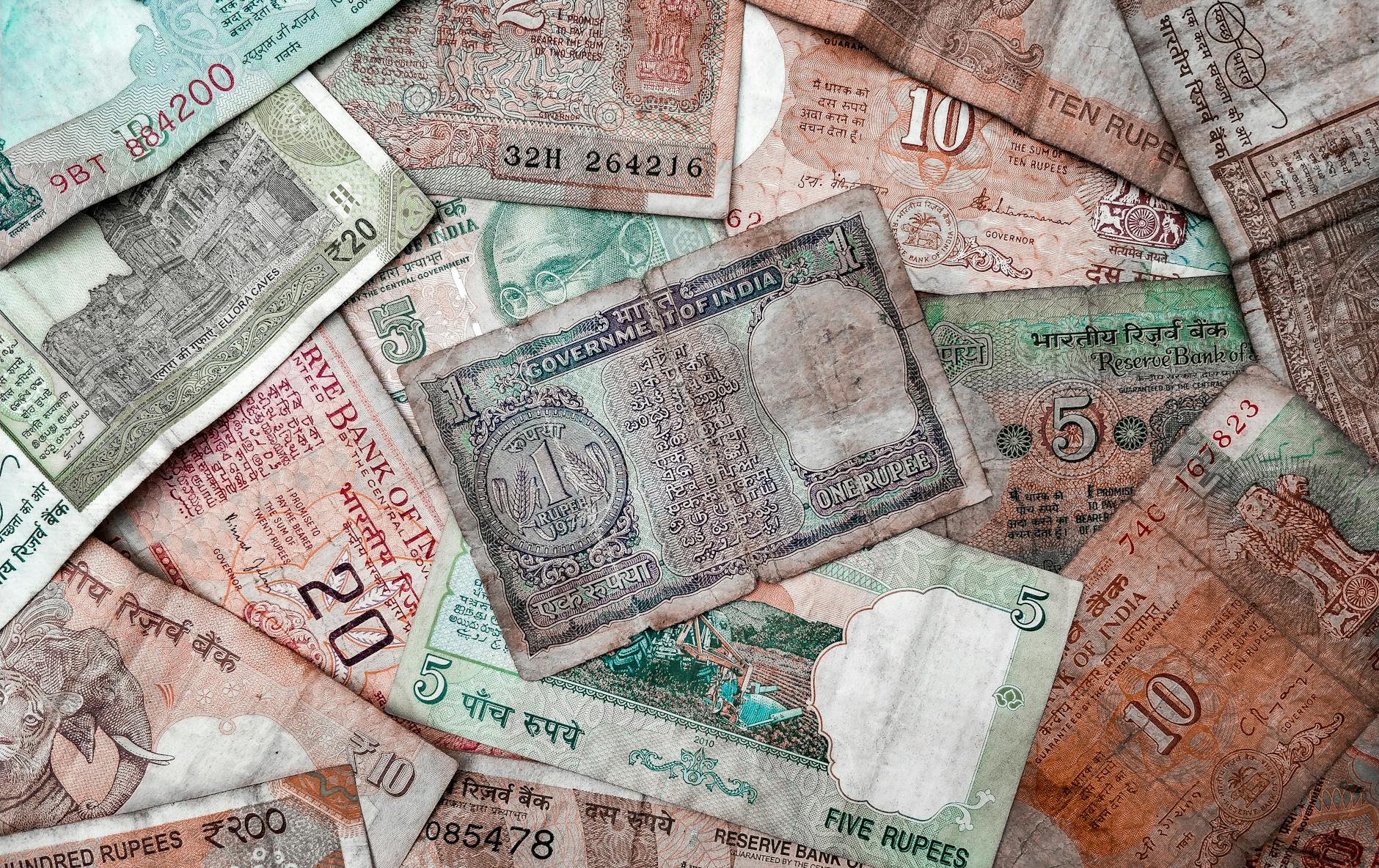Uncover the secrets of trademark hearings in India, from legal battles to victorious wins, in this behind-the-scenes exclusive glimpse.
Table of Contents
In the realm of intellectual property rights, trademarks play a crucial role in differentiating products and services in the market. However, managing trademarks involves various processes that can sometimes be complex and overwhelming. One such process is a trademark hearing, a key step in the journey of protecting a brand in India. In this blog post, we will delve into the intricacies of trademark hearings in India, exploring their purpose, procedures, and significance.
Trademark Hearing in India
A trademark hearing in India is a formal proceeding where the trademark registrar reviews and assesses the trademark application. The purpose of the hearing is to clarify any issues or objections raised during the examination of the application and provide an opportunity for the applicant to address them. It is a critical juncture in the trademark registration process, as the decision made during the hearing can determine the fate of the trademark application.
During the hearing, the applicant may be required to present arguments, evidence, or clarifications to support the registration of their trademark. The trademark registrar may also seek further information or amendments to the application based on their assessment. It is essential for applicants to be well-prepared for the hearing to effectively communicate their case and address any concerns raised by the registrar.
Key Points to Keep in Mind
When preparing for a trademark hearing in India, there are several key points that applicants should keep in mind to increase the chances of a favorable outcome. Firstly, it is crucial to thoroughly understand the objections or issues raised by the registrar and prepare clear and concise responses to address them. Providing relevant evidence or documentation to support the trademark application can strengthen the case during the hearing.
Additionally, applicants should ensure compliance with all legal requirements and regulations related to trademark registration in India. This includes adhering to the prescribed timelines, submitting the necessary forms and fees, and maintaining transparency throughout the process. By staying informed and organized, applicants can navigate the trademark hearing process more effectively.
Common Outcomes of Trademark Hearings
Trademark hearings in India can result in various outcomes, depending on the circumstances and the arguments presented by the parties involved. Some common outcomes of trademark hearings include:
| Date | Trademark Hearing Location | Key Participants | Proceedings |
|---|---|---|---|
| March 28, 2021 | Mumbai Trademark Office | Trademark Examiner, Trademark Attorney, Applicant | The trademark hearing involved a review of the application and a discussion on potential conflicts with existing trademarks. |
| July 15, 2021 | Delhi Trademark Office | Trademark Hearing Officer, Opposing Party, Legal Counsel | This hearing focused on resolving a trademark dispute between two parties through evidence presentation and legal arguments. |
| October 5, 2021 | Chennai Trademark Office | Trademark Registrar, Trademark Agent, Witness | The hearing included examination of witness testimonies and discussion on the distinctiveness of the trademark in question. |
1. Acceptance of the Trademark Application: If the registrar is satisfied with the responses and evidence provided during the hearing, they may accept the trademark application for registration. This outcome signifies a successful resolution of any issues or objections raised during the examination.
2. Conditional Acceptance: In some cases, the registrar may conditionally accept the trademark application subject to certain amendments or clarifications. The applicant will be required to fulfill these conditions within a specified timeframe to proceed with the registration process.
3. Rejection of the Trademark Application: If the registrar is not convinced by the arguments or evidence presented during the hearing, they may reject the trademark application. This outcome indicates that the application does not meet the necessary criteria for registration.
It is important for applicants to carefully review the outcome of the trademark hearing and take appropriate action based on the decision rendered by the registrar. Depending on the outcome, applicants may need to make amendments to the application, provide additional information, or consider appealing the decision if necessary.
Conclusion
Get
In conclusion, trademark hearings in India are a pivotal stage in the trademark registration process, requiring careful preparation and strategic communication. By understanding the purpose, procedures, and potential outcomes of trademark hearings, applicants can navigate this process with confidence and increase the likelihood of a successful registration. Stay tuned for our next blog post, where we will explore the nuances of trademark rectification in India.
What documents are needed for a trademark hearing in India?
Applicants should prepare copies of the trademark application, evidence of prior use, and any relevant supporting documents to present during the hearing.
Can I appeal the decision of a trademark hearing in India?
Yes, if the registrar rejects the application, applicants can appeal the decision to the Intellectual Property Appellate Board for further review.
How long does a trademark hearing in India typically last?
The duration of a trademark hearing can vary depending on the complexity of the case, but hearings typically last between 30 minutes to an hour.
Is legal representation required for a trademark hearing in India?
While it is not mandatory to have legal representation, having a trademark attorney can provide valuable guidance and support throughout the hearing process.

